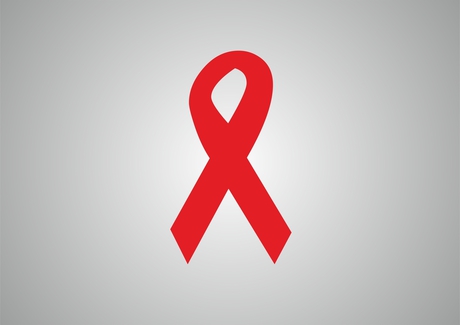Accelerating the search for an HIV vaccine

The European AIDS Vaccine Initiative (EAVI2020) is a €23 million ($30 million) program to speed up the search for an effective HIV vaccine. The program comes in the wake of several recent breakthroughs, including the isolation of antibodies that are able to block HIV infection in preclinical models and new developments in synthetic biology to design better vaccines.
“This project creates a unique opportunity for us to build on the enormous scientific progress gleaned over the last few years, providing an unprecedented insight into the nature of protective antibodies and antiviral cellular response that will be needed for an effective vaccine," said EAVI2020 Coordinator Professor Robin Shattock, from Imperial College London. “We now understand much more about how humans make protective immune responses and how to structure vaccine candidates. We have a level of understanding at a molecular level that was not previously available."
Funded by the European Commission and led by Imperial College London, EAVI2020 brings together a multidisciplinary team of HIV researchers from 22 public organisations and biotech companies from across Europe, Australia, Canada and the USA. The Australian contingent includes Professors David Cooper, Anthony Kelleher and Miles Davenport from the Kirby Institute at UNSW, along with Professors Damian Purcell and Stephen Kent from the Doherty Institute at the University of Melbourne.
“Great advances in science and medicine all need teamwork," said University of Melbourne Professor Sharon Lewin, director of the Doherty Institute.
“This collaboration will allow us to work with the best people, using the best technologies to build on the enormous scientific progress that has been gleaned over the last few years.
“We'll be taking the latest discoveries from the lab through to preclinical testing and manufacture and into early human trials more quickly than we could ever do in isolation from each other."
While the Australian scientists work on creating an effective HIV vaccine in their own laboratories, Imperial College London researchers will be looking at how healthy human volunteers' immune systems respond to potential vaccines, studying the antibodies that the volunteers produce. They will then explore the pathways in the body that make these antibodies in order to fine-tune candidate vaccines.
The International AIDS Vaccine Initiative (IAVI) will meanwhile provide product development support to help the consortium's vaccine candidates advance through clinical assessment. The IAVI Human Immunology Laboratory, a partnership with Imperial College London, will be one of the laboratories assessing immune responses induced in EAVI2020's clinical trials.
The program aims to take candidate vaccines into human trials within five years.
New technique developed at Doherty Institute
Doherty Institute researcher Dr Amy Chung this week announced her own progress in the journey towards an HIV vaccine, with the creation of a new approach to systematically understanding the immune response to the virus. Termed 'Systems Serology', the technique was developed by Dr Chung in conjunction with researchers at the Ragon Institute of MGH, MIT and Harvard in the USA.
Systems Serology is a combined experimental and computational analytical method that effectively teases out the complex immune response needed for an effective HIV vaccine. According to Dr Chung, the technique provides an unprecedented depth of understanding to these potentially protective immune responses.
"Antibodies are a key part of protection against viruses like HIV," she said. "They can harness a variety of different 'weapons' to eliminate the virus. But the exact immune responses or combinations to induce protective immunity against HIV are still unclear.
"Using Systems Serology we revealed unique, vaccine-induced antibody 'fingerprints', which highlighted known and novel markers of what is needed to protect a person from becoming infected with HIV."
The new technique has been described in the paper Cell and, according to Professor Lewin, could lead to "identifying the exact combination of immune responses required to eliminate HIV transmission through vaccination".
AI-designed DNA switches flip genes on and off
The work creates the opportunity to turn the expression of a gene up or down in just one tissue...
Drug delays tumour growth in models of children's liver cancer
A new drug has been shown to delay the growth of tumours and improve survival in hepatoblastoma,...
Ancient DNA rewrites the stories of those preserved at Pompeii
Researchers have used ancient DNA to challenge long-held assumptions about the inhabitants of...




